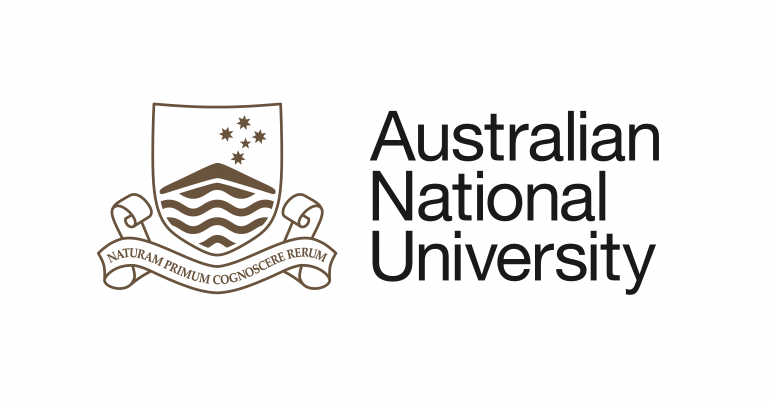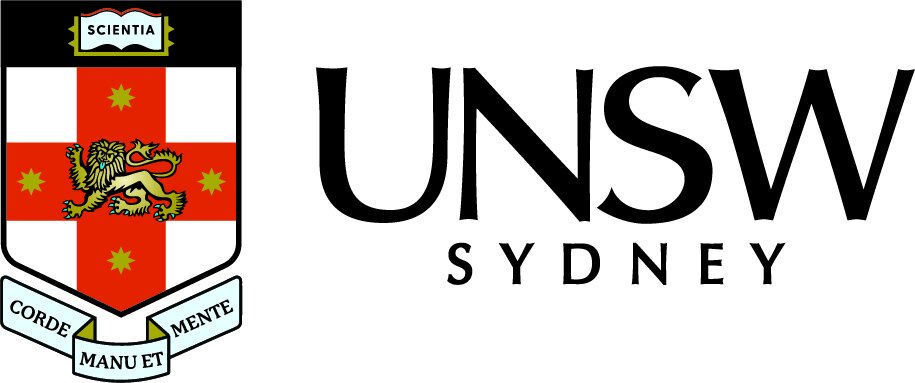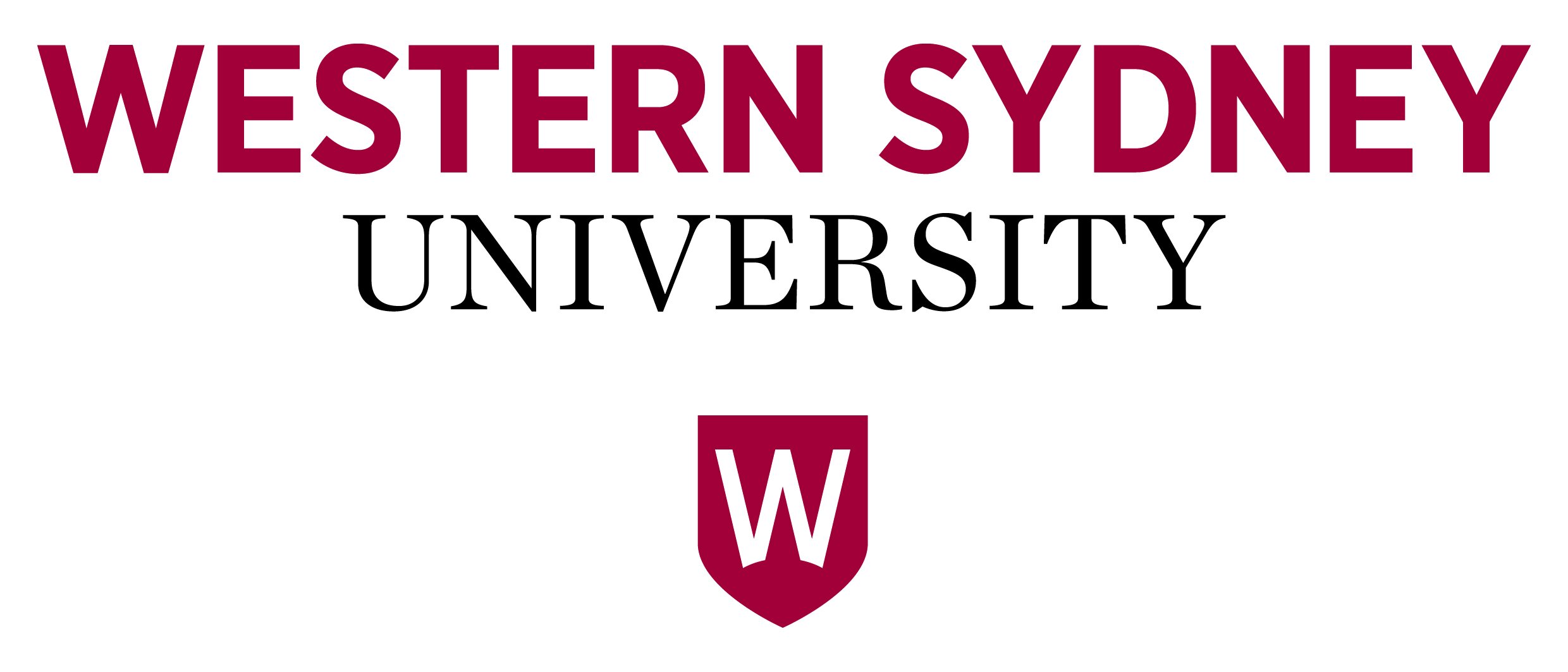Operational Network of Air Quality Impact Resources (OPENAIR)
The Challenge
Poor air quality caused by bushfires, wood fired heaters, agriculture, transportation, industry and urban heat is a significant cause of health problems and premature death in Australian communities.
Currently, official ambient air quality monitoring in NSW is conducted by the Department of Planning and Environment (DPE) and using high-precision (and high-cost) regulatory equipment. Some local councils collect air quality data using lower performance affordable equipment, but with almost no existing consensus relating to the design, sale or application of such technology, the data captured tends to fall short of creating meaningful impact.
The Solution
The recent availability of low-cost environmental sensors makes it feasible to collect localised air quality data at urban precincts, busy road intersections and areas where local topography concentrates pollution that can be used to provide additional localised air quality information to the public.
Led by the NSW Smart Sensing Network in collaboration with the NSW Department of Planning and Environment (DPE), OPENAIR positions NSW as a forerunner in the use of low-cost air quality sensing in the world.
The project arms local governments with the latest know-how in the use of low-cost air quality sensors and, for the first time in Australia, establishes a best-practice methodology for all aspects of council-led air quality monitoring.
The $2.4 million program received a $1.78 million contribution from NSW Government through the Smart Places Acceleration Program, which is part of the Digital Restart Fund.
The project produced a set of resources that were added to the NSW Government SmartNSW Case Study Library.
Partner Testimonials
“The OPENAIR Project has been a great opportunity to pull together a broad range of partners to not only deliver supplementary Air Quality monitoring across the state but also upskill Councils in their capability to collect, hold and share data. The project has driven Parramatta to improve our community engagement with data and the workshops held have also supported the delivery of remote sensing across the business. Parramatta specifically have benefited from internal business improvements in sensor deployment procedures based upon the templates provided.”
Parramatta City Council
“The OPENAIR project has provided a unique and welcome opportunity for Sutherland Shire Council to employ smart air quality sensor technology to monitor local air quality in the LGA. With the specialist guidance, support, and technical expertise of the OpenAir project team, Council has been able to scope out and define its air quality monitoring objectives, prepare a business case and determine the most appropriate locations and the type of smart air quality sensors to be used.”
Sutherland Shire Council
“The OPENAIR grant has given our Council the confidence and skills to establish our own air quality monitoring program, looking at specific issues that affect our area. Air quality is a multidisciplinary field, and the collection of experts have been valuable. We've had mentors in sensors, backend system and health or social impacts. The program also allowed us to meet other council partners – we know that these projects work best in collaboration and have better longevity if we can work together.”
Newcastle City Council
Project Partners
NSW Department of Planning and Environment (DPE), Lake Macquarie Council, Muswellbrook Council, Newcastle City Council, Orange Council, Parramatta City Council, Sutherland Shire Council, Tweed Council, Wollondilly Council, Wollongong Council, Sitelines Media







